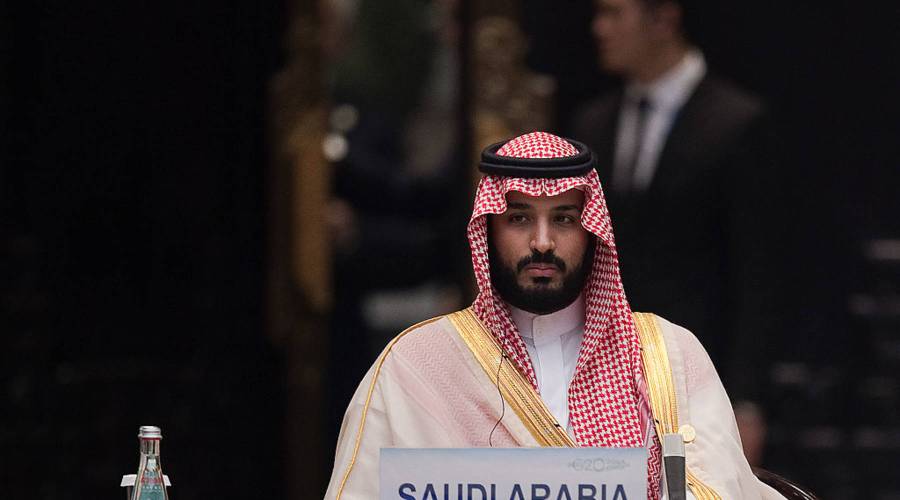11/06/2017: What’s behind the biggest shake-up in Saudi Arabia in 80 years

(Global Edition) From the BBC World Service ... In a move that he says was meant to clamp down on corruption, Saudi Arabia's new crown prince Mohammed bin Salman has jailed over a dozen princes and ministers (though the jail, it should be said, is the Ritz-Carlton) — causing surprise and consternation among the international business community. That's because one of those jailed is Prince Alwaleed bin Talal, who has invested heavily in U.S. companies like Twitter, Apple and Citigroup. Afterwards: they're being called the "Paradise Papers" — a leak of more than 13 million documents that has revealed the investment secrets and tax avoidance strategies of the world's biggest companies — and richest men and women, including U.S. Commerce Secretary Wilbur Ross. Then, U.S. President Trump has complained about Japan's unfair trade policies during his visit to the country. Could this jeopardize Japanese-American trade negotiations?
(Global Edition) From the BBC World Service … In a move that he says was meant to clamp down on corruption, Saudi Arabia’s new crown prince Mohammed bin Salman has jailed over a dozen princes and ministers (though the jail, it should be said, is the Ritz-Carlton) — causing surprise and consternation among the international business community. That’s because one of those jailed is Prince Alwaleed bin Talal, who has invested heavily in U.S. companies like Twitter, Apple and Citigroup. Afterwards: they’re being called the “Paradise Papers” — a leak of more than 13 million documents that has revealed the investment secrets and tax avoidance strategies of the world’s biggest companies — and richest men and women, including U.S. Commerce Secretary Wilbur Ross. Then, U.S. President Trump has complained about Japan’s unfair trade policies during his visit to the country. Could this jeopardize Japanese-American trade negotiations?












